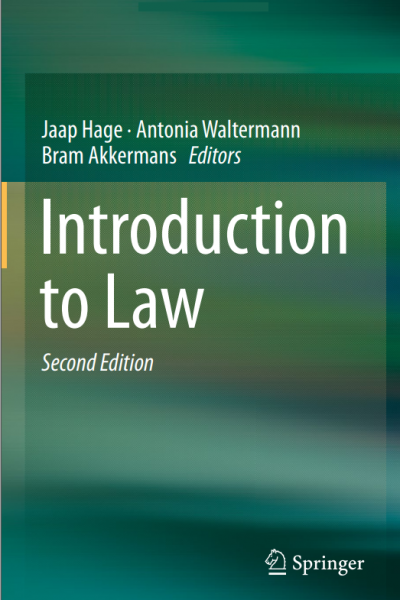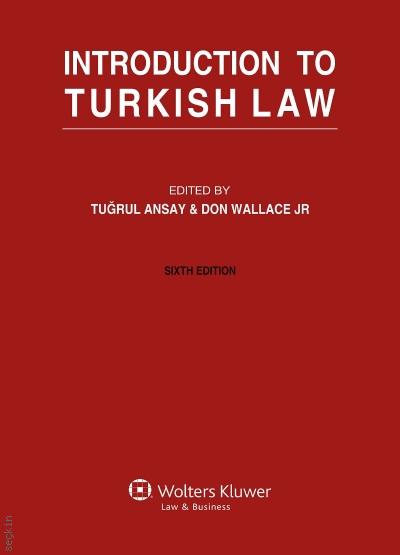| 1st Week | Necessity of law |
| 2nd Week | Basic Concepts of law |
| 3rd Week | Functions of law |
| 4th Week | Sources of law |
| 5th Week | Branches of law |
| 6th Week | Concept of the “right” |
| 7th Week | Basic concepts of private law |
| 8th Week | Civil Law |
| 9th Week | Jurisdiction |
| 10th Week | Basic concepts of public law |
| 11th Week | State, sovereignty and law |
| 12th Week | Justice |
| 13th Week | Democracy and Law |
| 14th Week | General evaluation |
As its title suggests, this book deals with the basics of law, though it also contains many elements drawn from legal theory and philosophy.
Who will this book be important for? I see many different groups ofreaders who should be interested. The book is, of course, highly relevant and useful for newcomers to the law. Here they will read and learn about the important principles of law. But it will also be valuable for experienced lawyers who every so often wish to return to the basics, the sources as it were, and to measure their concepts of the law with these basic considerations. Given the vast field of law, it is fascinating –and indeed reassuring– to see that certain basic principles apply to all fields of law. In addition, I believe that this book will provide stimulating reading for laypersons who wish to see what ‘law is all about’.
The Introduction to Law that you are now holding is special in the sense that it introduces students to law in general and not to the law of one specific jurisdiction. It has been written with two purposes in mind. In the first place, this book is meant to be used in the course Introduction to Law of the Maastricht European Law School. This course aims to provide law students with global knowledge of the basic legal concepts, elementary philosophy of law, and the main fields of law. Since the European Law School does not exclusively focus on the law of one particular European jurisdiction, there is need for an introductory course that also abstracts from the law of specific jurisdictions.
In the second place, and possibly more importantly, this book reflects a special way of looking at legal education. We believe that it is of crucial importance for lawyers to be aware of the different ways in which societal problems can be solved and to be able to argue about the advantages and disadvantages of different legal solutions. Being a lawyer involves, on this view, being able to reason like a lawyer, even more than having detailed knowledge of particular sets of rules. The present Introduction to Law reflects this view by paying explicit attention to the functions of rules and to ways of reasoning about the relative qualities of alternative legal solutions. Where ‘positive’ law is discussed, the emphasis is on the legal questions that must be addressed by a field of law and on the different kinds of solutions that have been adopted by—for instance—the common law and the civil law tradition. The law of specific jurisdictions is mainly discussed by way of illustration of a possible answer to, for instance, the question when the existence of a valid contract is assumed.



